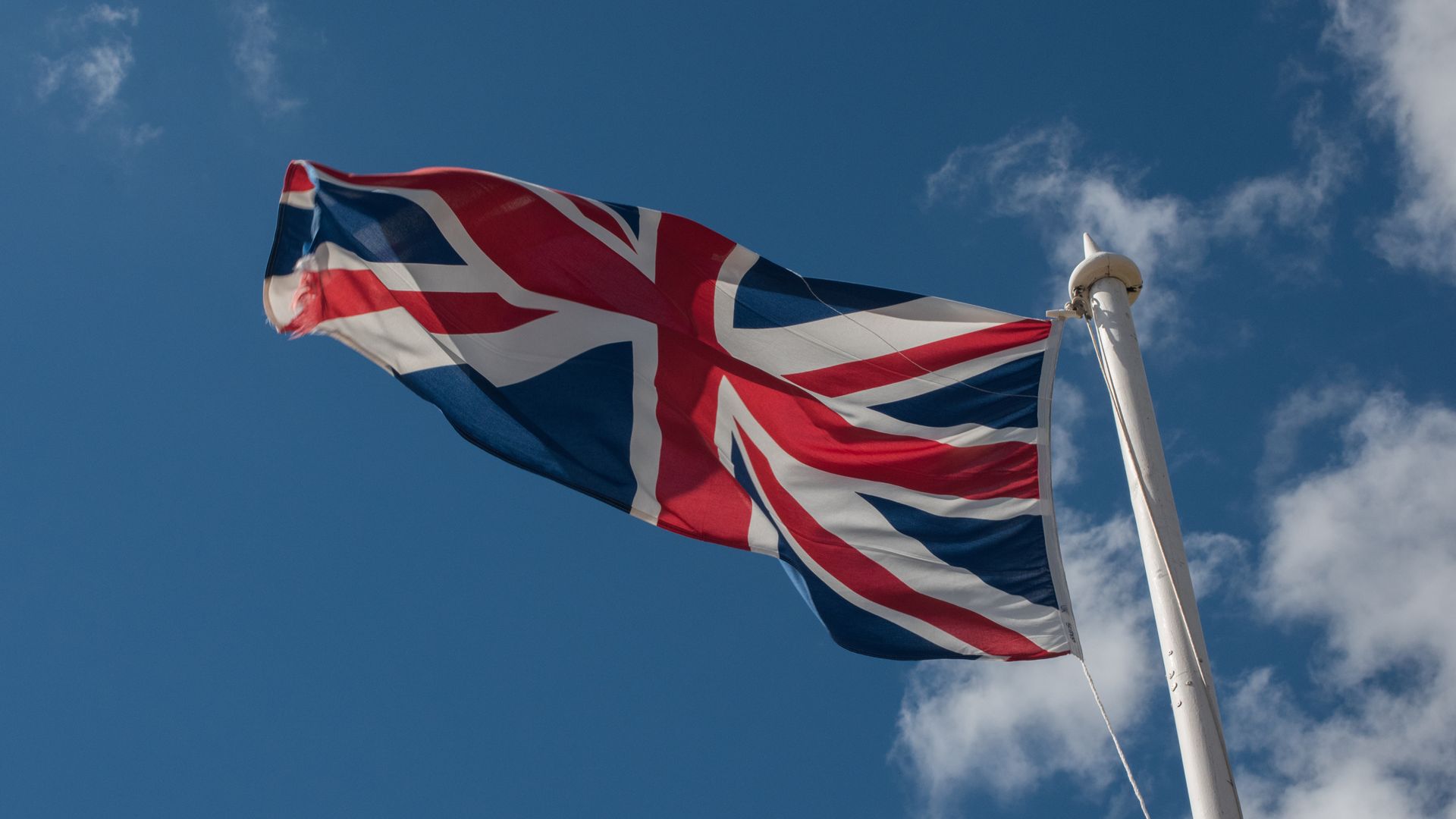- Key Points from the Chancellor’s budget:
- The Economy – points of note:
- And finally……….:
As Jeremy Hunt finished delivering his budget there were instantaneous grumbles of discontent – not only in the House of Commons, but across many news and social media platforms. With no major surprises and little in the way of excitement for the average person on the street, was this a missed opportunity pre-general election?
Key Points from the Chancellor’s budget:
National insurance cuts
The national insurance contribution (NIC) rate for employees will be cut from 10% to 8% of pay from April 2024. Self-employed NIC rates to rates will drop from 8% to 6%.
For a full-time employee on a salary of GBP 35,000, the reduction will equate to approximately GBP 450 a year extra in their pocket.
Abolition of Non-dom tax status
The chancellor confirmed that the current non-dom tax status will be “abolished” and replaced by a “modern, simpler and fairer” system from April 2025. The new system will see those coming to the UK (after having spent four years in the UK) paying the same tax as other UK residents.
A transition arrangement will be implemented for those benefitting from the current Non-dom regime.
VAT registration threshold increase
The VAT registration threshold will be increased from GBP 85,000 to GBP 90,000 from the start of April 2024.
Amendment to the High-Income Child Benefit Charge
The threshold on the High-Income Child Benefit Charge, which applies if one parent earns over GBP 50,000 a year, is to move to a ‘household income’ based system. The income threshold will rise to GBP 60,000 from April 2024, top taper limit of GBP 80,000.
Full expensing of leased assets
Full expensing of leased assets will be introduced to allow businesses to offset investment in items such as new factory machinery and IT equipment against their tax liability. A draft Bill will be released, and the measure will be implemented when affordable.
Property capital gains tax reduction
The higher rate of property capital gains tax will decrease from 28% to 24%.
Introduction of vaping tax
A levy on vaping products will be introduced on imports by manufacturers, specifically on the liquid in vapes – to be introduced in October 2026. A one-off increase in tobacco duty will be made at the same time, to ensure that this does not become a more favourable option over vaping.
This measure is taken to try to discourage children from buying the products. It is expected to raise GBP 500 million by 2028/29.
Introduction of a new ‘British ISA’
Introduced to give investors an extra GBP 5,000 tax-free allowance by encouraging more people to invest in UK assets.
The Economy – points of note:
- The government will spend GBP 160 million on two nuclear sites.
- GBP 120 million is to be allocated for green industries to develop technologies including offshore windfarms and carbon capture and storage projects.
- The government will sell a portion of the shares in NatWest bank (acquired when bailing out the Royal Bank of Scotland, as it was formerly known), a move expected to raise between GBP 3 billion and GBP 4 billion.
- Energy Profits Levy – the windfall tax on UK-produced oil and gas – is extended until 2029.
- Eligible film studios in England will secure 40% relief on their gross business rates until 2034. Tax reliefs are to be made permanent at 45% for touring and orchestral productions and 40% for non-touring productions.
- Stamp duty relief for people who purchase more than one dwelling in a single transaction, known as Multiple Dwellings Relief, is scrapped.
- Air Passenger Duty to be raised for non-economy class plane passengers.
And finally……….:
Alcohol and fuel duty announcements
- Alcohol duty was set to rise by 3% this August but it will now be frozen until February 2025, benefiting 38,000 pubs across the UK.
- Fuel duty will be frozen at its current level for another year. The levy should increase in line with inflation, but this has not happened since 2011.
- A 5p cut to fuel duty, introduced in 2022 and due to expire this month, will be extended.
Public services announcements
- The chancellor maintained a 1% increase in day-to-day public spending above inflation, despite speculation it would be cut.
- A “landmark public sector productivity plan” will be published, to include measures such as using AI to cut form filling by doctors, digitising hospital processes and improving the NHS app.
- Military spending (currently 2% of GDP) will rise to 2.5% of GDP “as soon as economic conditions allow”.
Other announcements
- Rates paid to nurseries to fund free childcare hours for parents of children aged over nine months will continue for the next two years.
- The Furnished Holiday home regime is abolished because it created “a distortion meaning that there are not enough properties available for long term rental by local people.”

